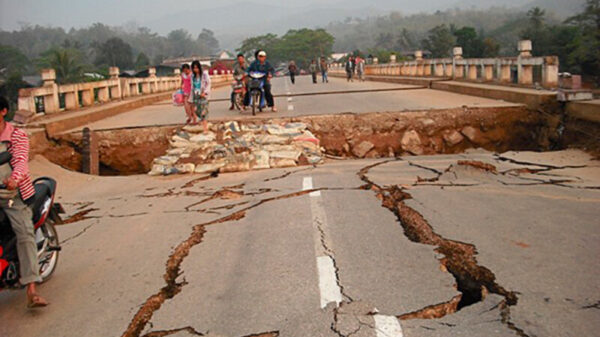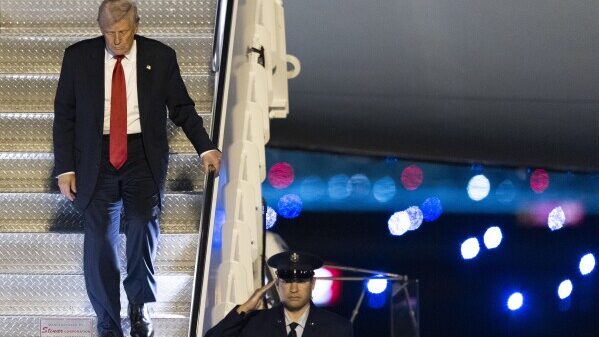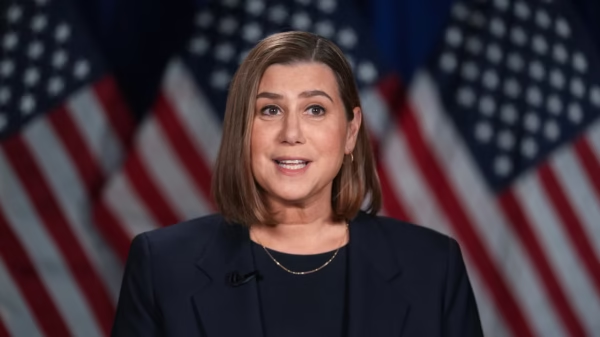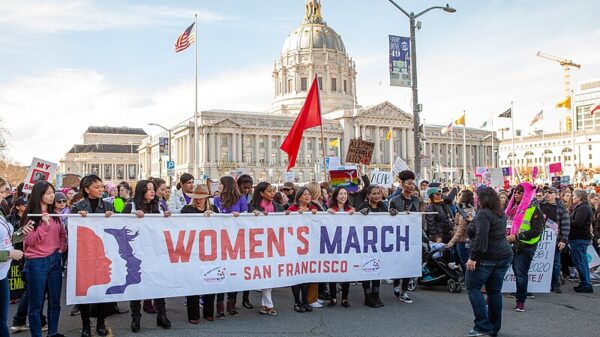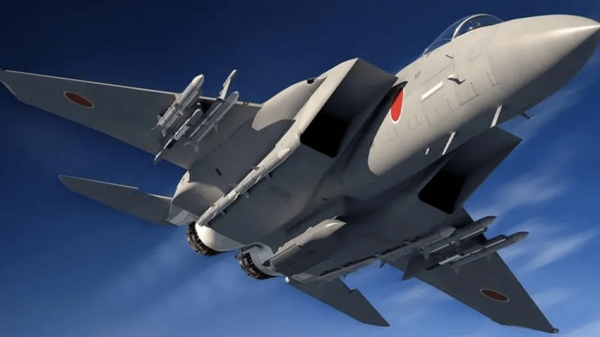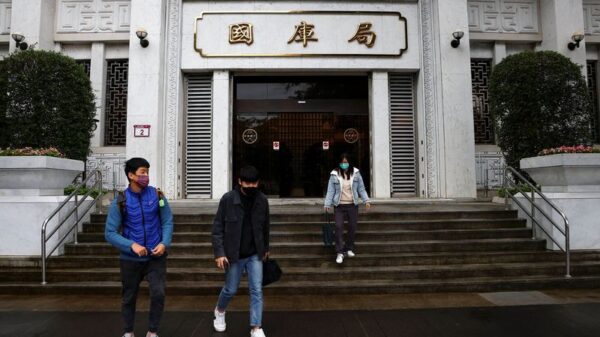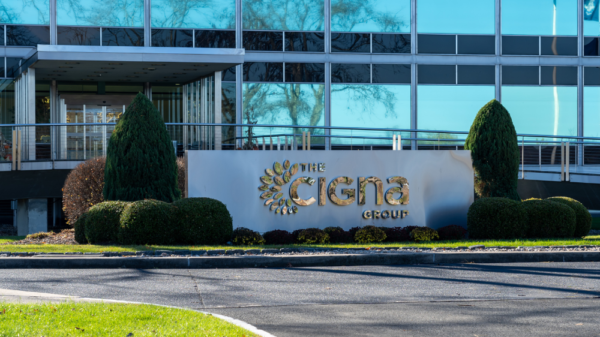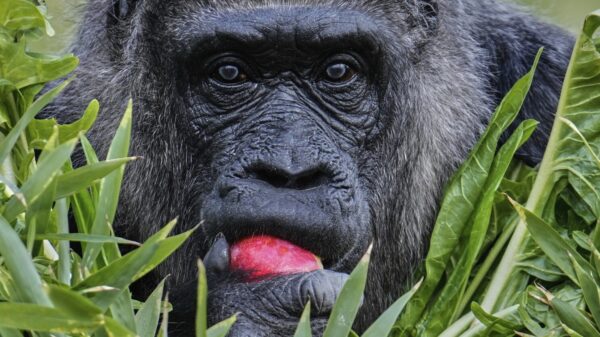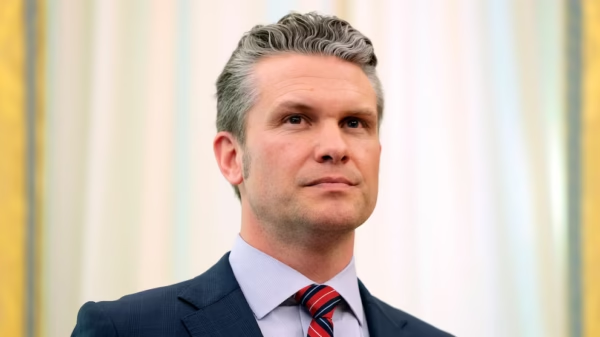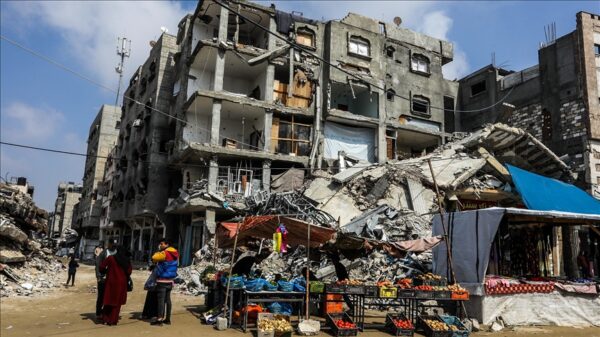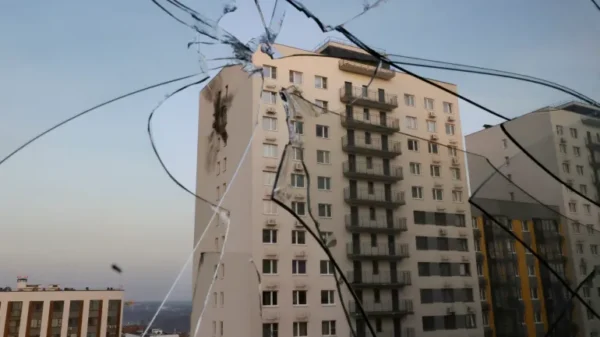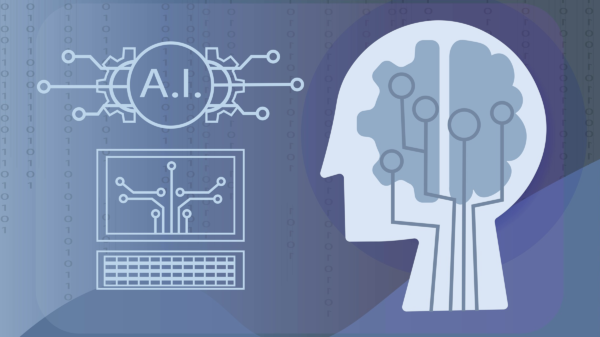DRC’s Struggles: A Complex Humanitarian Crisis
The Democratic Republic of the Congo (DRC) is grappling with a multifaceted crisis marked by ongoing violence, political instability, and severe economic challenges. The impact of these combined factors continues to affect millions, creating one of the most complex humanitarian situations in the world. The international community has expressed concern over the deteriorating conditions, calling for urgent intervention to mitigate the suffering of affected communities.
Violence and Armed Conflict Intensify
Armed conflict remains a dominant factor in the DRC’s struggles. Various militia groups continue to clash with government forces and each other, vying for control of resource-rich areas. These conflicts have displaced millions, with many civilians forced to flee their homes and seek safety in overcrowded and under-resourced camps. The violence has led to numerous human rights abuses, including reports of mass killings, sexual violence, and abductions. The UN and human rights organizations have highlighted the need for strengthened peacekeeping efforts and more significant international support to address security concerns.
Political Turmoil and Governance Challenges
Political instability exacerbates the already dire situation in the DRC. Governance issues, including corruption and weak institutions, have hindered effective responses to both security and humanitarian challenges. Elections have been marred by delays and irregularities, fostering widespread distrust in government and political processes. The lack of stable leadership contributes to the ongoing conflicts and limits the ability of authorities to coordinate relief efforts or implement long-term solutions.
Economic Hardship Amidst Rich Resources
Paradoxically, the DRC is one of the most resource-rich countries in the world, yet its people suffer from extreme economic hardship. The exploitation of minerals such as cobalt and gold, often in conflict zones, fuels violence rather than economic development. Limited infrastructure, high unemployment rates, and restricted access to financial opportunities keep many communities in cycles of poverty. International economic partnerships and investments are often disrupted by political instability and insecurity, making sustainable economic growth difficult to achieve.
Climate Challenges Worsen Humanitarian Conditions
The DRC also faces significant environmental challenges that compound its humanitarian crisis. Climate change has led to erratic weather patterns, resulting in severe flooding and agricultural disruptions. These climate-related challenges have impacted food production, deepening food insecurity and contributing to malnutrition among vulnerable populations. The intersection of climate issues with conflict and economic hardship makes it even more difficult for communities to recover and build resilience.
International Response and Aid Efforts
The severity of the humanitarian crisis in the DRC has drawn international attention and aid, but response efforts have often been insufficient given the scale of the needs. The United Nations and various NGOs have called for increased funding and support to address both immediate humanitarian needs and longer-term development projects. Despite these efforts, logistical challenges, including access to conflict-affected areas and inadequate infrastructure, hinder the effective distribution of aid.
Conclusion: An Urgent Call for Comprehensive Solutions
The ongoing struggles in the Democratic Republic of the Congo require a multi-pronged approach that addresses the root causes of conflict, strengthens political institutions, and fosters economic opportunities while incorporating climate resilience strategies. International actors and local leaders must collaborate to create pathways for peace and sustainable development. Without decisive action, the cycle of violence, poverty, and environmental degradation will continue to impact millions, perpetuating one of the world’s most severe humanitarian crises.


